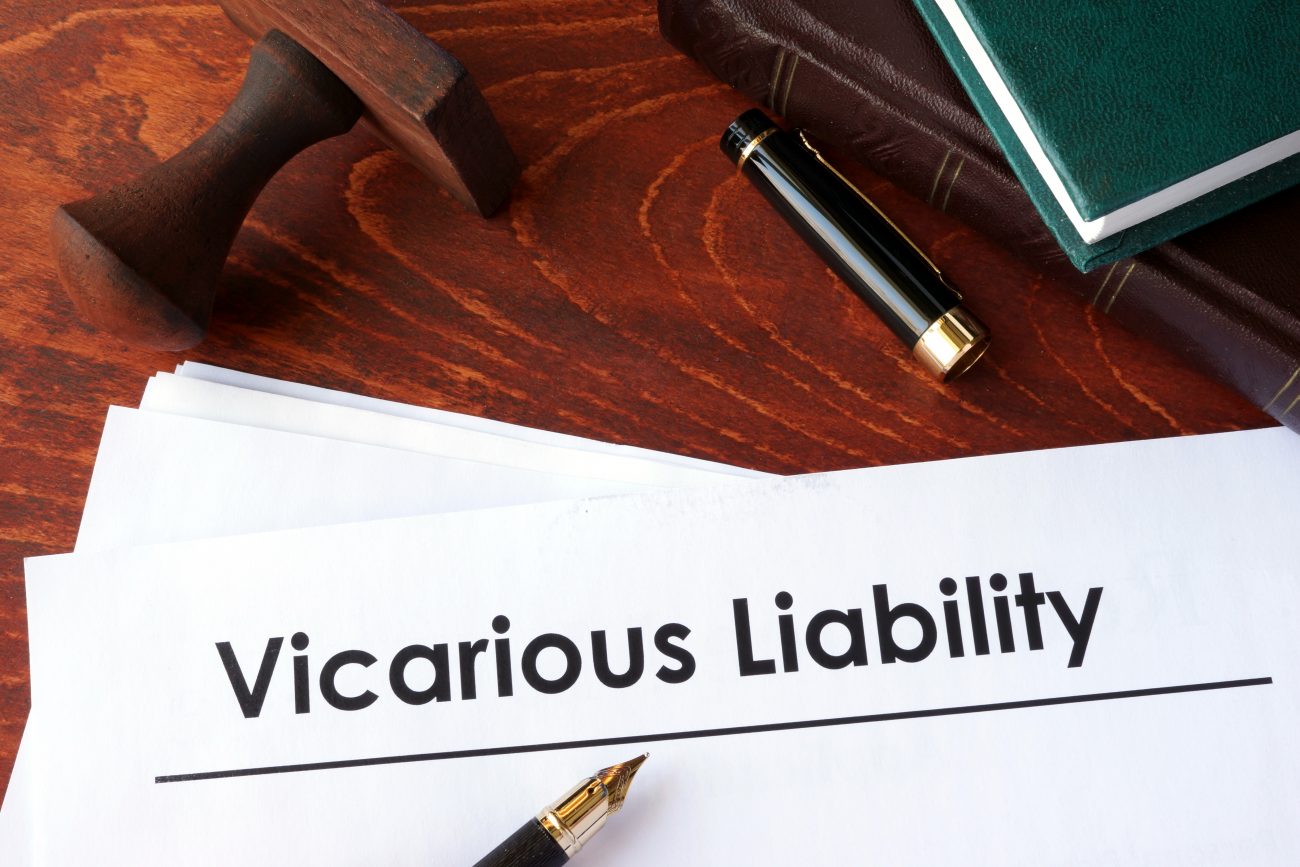Abuse, Sexual Assault and Vicarious Liability – when is an employer liable for the actions of an employee in abuse and assault cases?
‘Vicarious liability’ is the legal term for when an employer is legally liable for the acts and negligence of its employees.
In most cases, this is a straightforward point. After all, most successful claims against businesses – whether it is a fall in a supermarket, a van driver driving into the back of another vehicle, or a worker dropping a roofing tile on my client’s head – result from the individual act or omission of one of its staff.
The issue becomes much more complex when the act or behaviour complained of is particularly serious, such as in cases involving physical and sexual assault or sexual abuse. An employer would naturally be appalled by such conduct and they and their insurance company will want to distance themselves from any legal liability.
This is an important issue for victims because the perpetrator of the assault is rarely insured. Therefore, for my client – the victim – how can they get justice?
In what circumstances will the Court find that the employer – who is insured – should be legally liable for the acts of its employees?
What is the Court’s position on abuse, sexual assault and vicarious liability?
The Court recognises that, provided certain criteria are met, an employer can be liable for its employees’ actions. This is essentially a two-stage test:
- Stage 1 - Was the person who committed the act employed by the defendant?
This is not necessarily straightforward – there are many instances in which there may not be a contract of employment in the traditional sense. Nonetheless, who is regarded in law as an ‘employee’ is a question of fact in each individual case, rather than what ‘label’ the employer and employee attach to the relationship. For example, elders of religious congregations, priests or volunteers have all been held to be ‘employees’ in various cases.
- Stage 2 – Was there ‘close connection’ between the wrongful act complained of and the employment? In the words of a recent Supreme Court decision, the question is “whether the wrongful conduct was so closely connected with acts that the employee was authorised to do that it can fairly and properly be regarded as done by the employee while acting in the course of his employment or quasi-employment.”
In some respects, stage two of the test is more difficult because we are dealing with appalling conduct that cannot possibly be part of the job description.
In the recent case of Trustees of the Barry Congregation of Jehovah’s Witnesses v BXB [2023] UKSC 15, the perpetrator was a congregation elder but was also reported to have been a good friend of the claimant. The Court found that the perpetrator abused his friendship with the claimant rather than his work position when committing the rape. Furthermore, the court found that this was sudden if appalling ‘one-off’ rather than a system of abuse or grooming.
However, in the Supreme Court cases of Lister v Hesley Hall Ltd [2001] UKHL 22 and Various Claimants v Catholic Child Welfare Society [2012] UKSC 56 (also known as ‘the Christian Brothers case’), the abuse was committed by people who were employed to care for children. The abusers’ employment was central to them being able to commit the abuse. These claims were successful.
Why is specialist legal advice so important?
They key takeaway is that each case turns on its own facts.
From my own experience, for example, thorough investigation often reveals systemic issues with the employer, for example a permissive attitude or environment to wrongdoing, a lack of safeguarding, a lack of monitoring or listening to complaints, failure to take disciplinary action.
In one case in which I acted (successfully), prior to my client being sexually assaulted, the employer ignored complaints from others of inappropriate sexual conduct. In those cases, there is potentially very real culpability on the part of the employer itself.
We take a compassionate, careful and thorough approach to the claim, while being as firm as may be needed in dealing with the defendant and their insurers. These are difficult cases but, by doing so, our clients are listened to and we tend to have success in achieving justice for our clients.
Get in touch
Wards Solicitors is endorsed as a South West leading firm in the independent Legal 500 list for 2024 having received overwhelmingly positive testimonials from clients.
Our Personal Injury and Clinical Negligence Claimant team wins praise as a recommended service area with Associate Solicitor Richard Green highlighted as a key lawyer.
If you need expert legal advice in this area, please contact Richard Green at richard.green@wards.uk.com or on 01275 858515.


